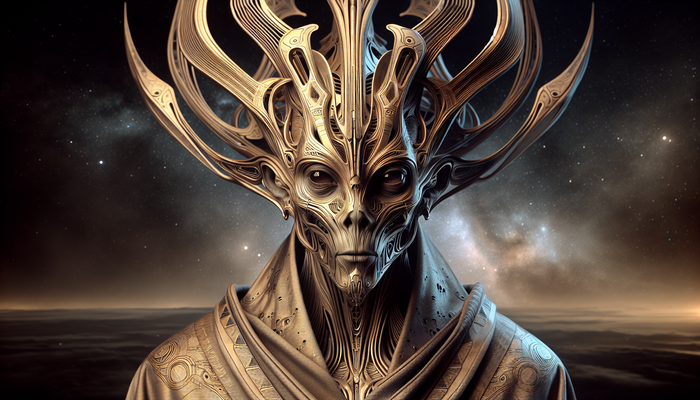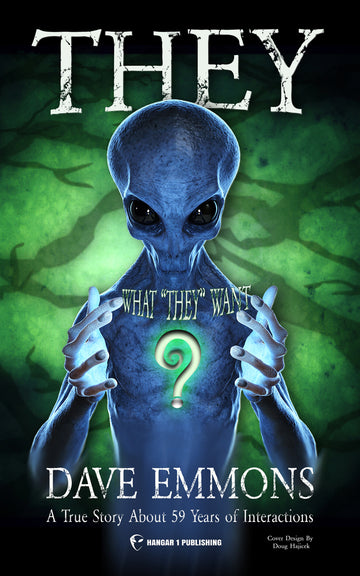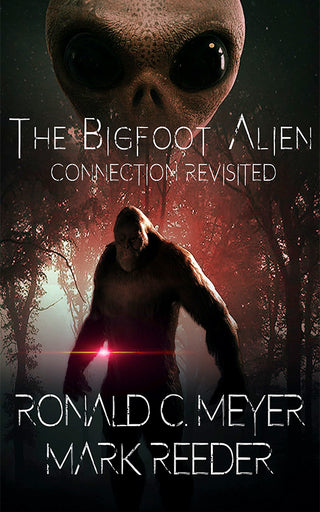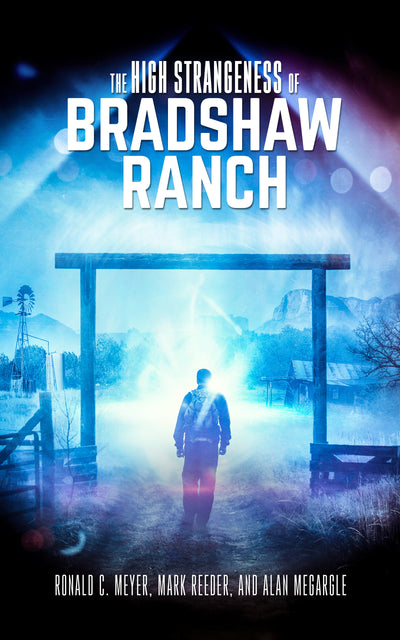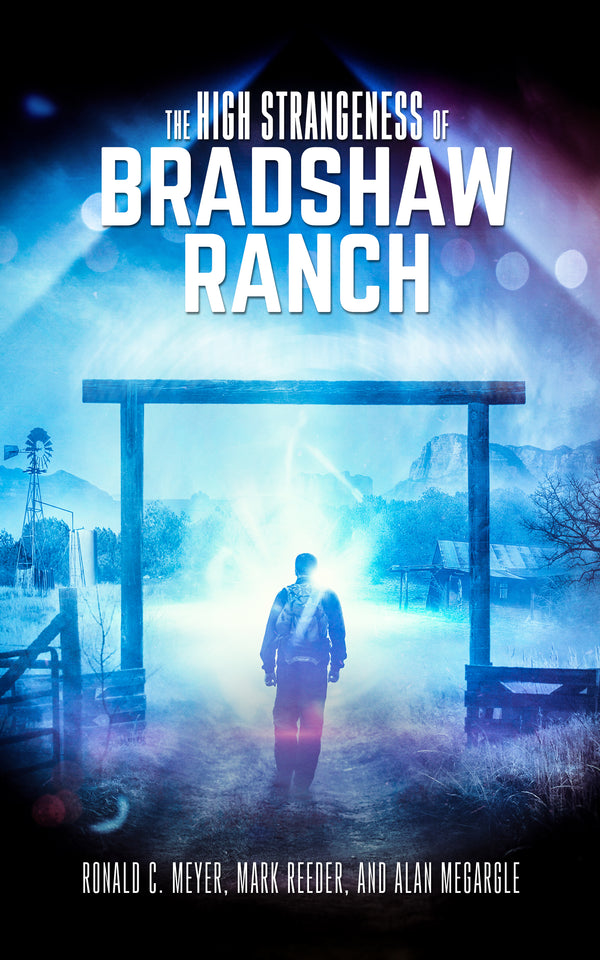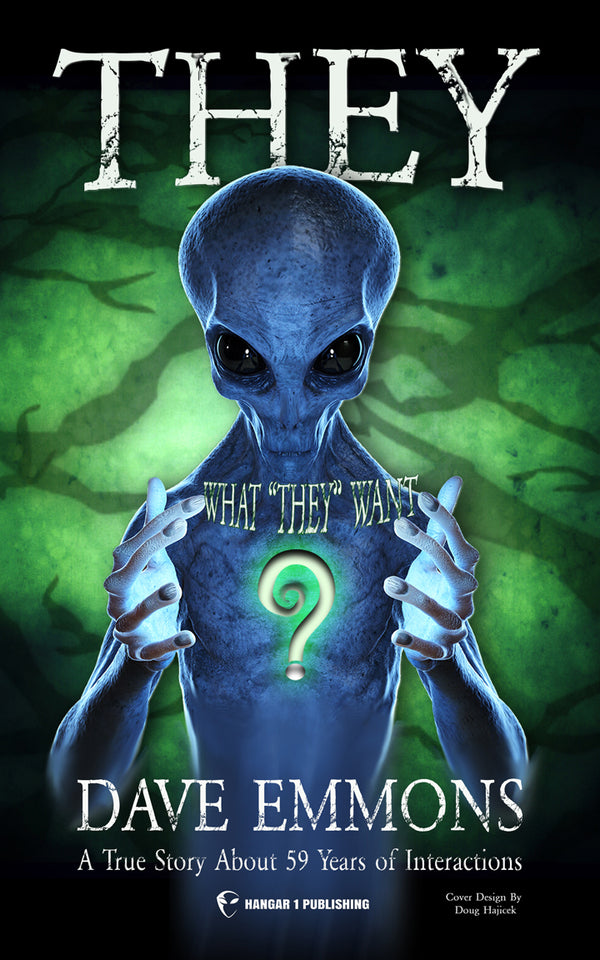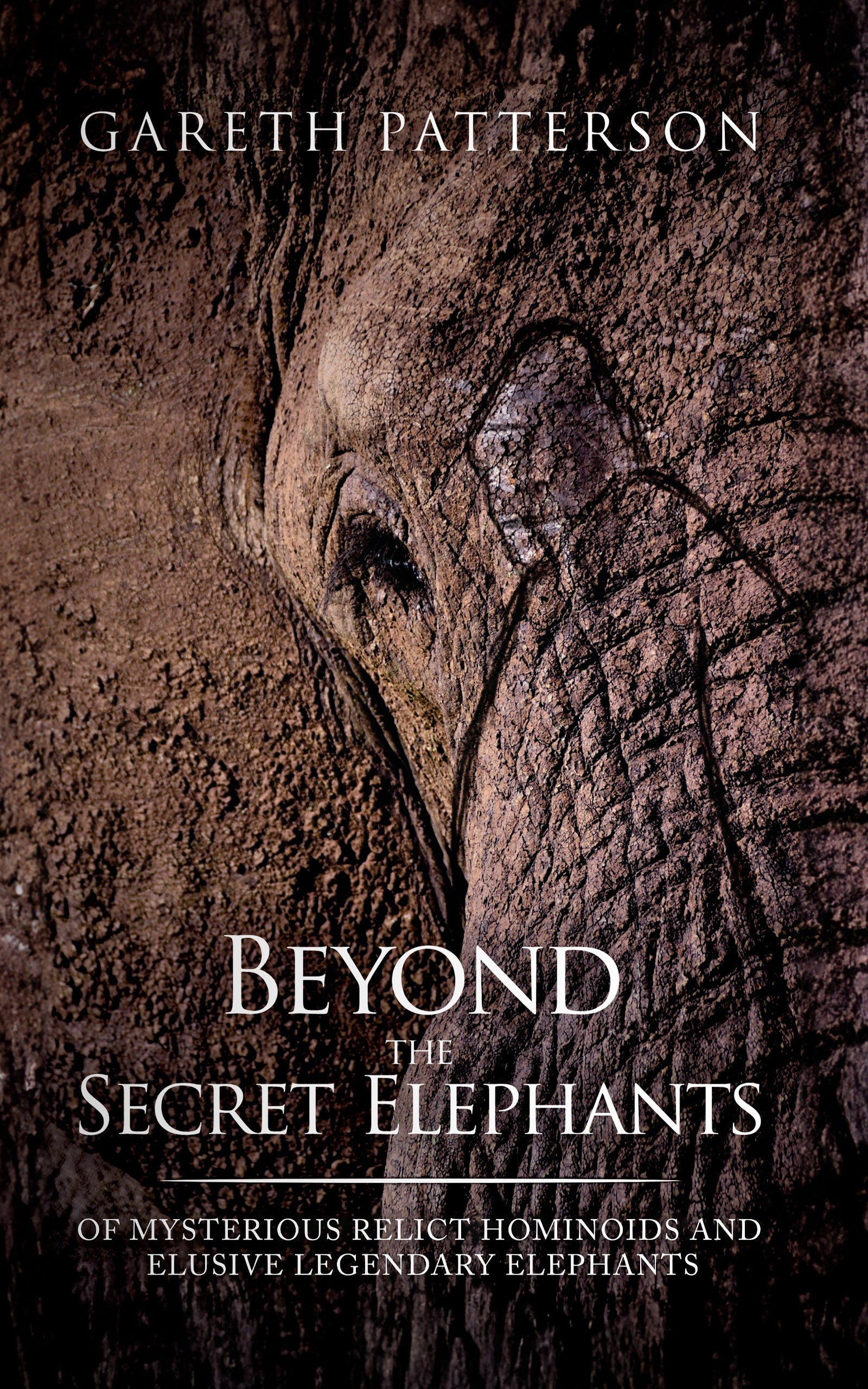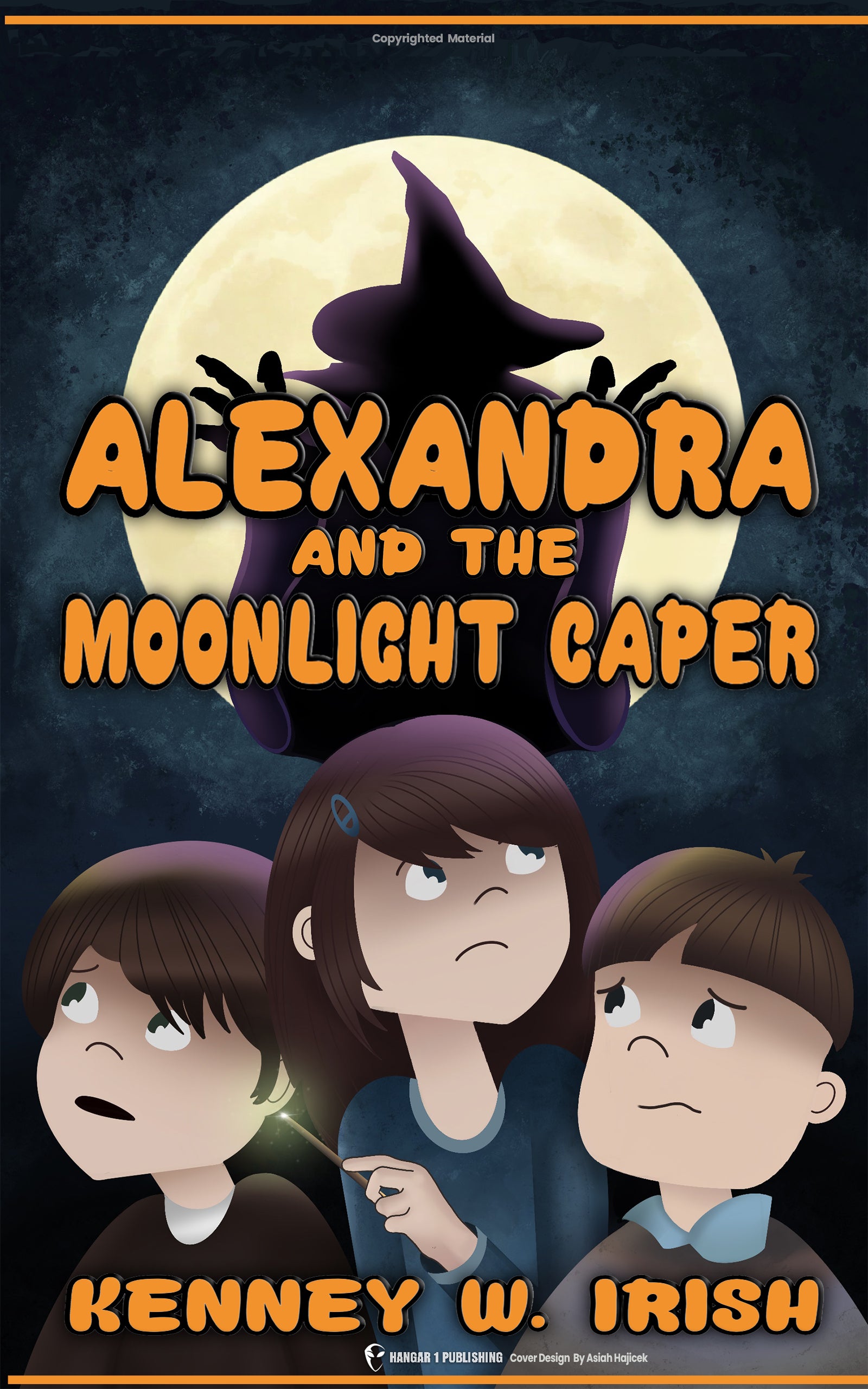John E. Mack: Psychiatrist Who Explored Alien Abductions

By Amara Okafor, Ufologist
Introduction: The Paradoxical Legacy of a Harvard Mind
Let's talk about a fascinating contradiction. Imagine a man firmly planted in the hallowed halls of Harvard Medical School, a respected professor of psychiatry, a Pulitzer Prize winner for a deep psychological dive into the life of T.E. Lawrence – Lawrence of Arabia, no less. Now, picture that same man, Dr. John E. Mack, spending the latter part of his distinguished career immersed in stories that seem ripped from the pages of science fiction: tales of ordinary people seemingly plucked from their beds or cars by alien beings and subjected to bizarre procedures aboard spacecraft. It’s a jarring image, isn't it? The pull of this paradox is immediate. What possesses someone with such impeccable academic credentials, someone who reached the pinnacle of his profession, to risk it all exploring phenomena that most of his peers dismissed as fantasy or delusion?
John Edward Mack, born in New York City in 1929 into an academic family, was anything but a fringe figure for most of his life. His education was stellar – Phi Beta Kappa from Oberlin College, a medical degree cum laude from Harvard. He served his country as a Captain in the U.S. Air Force in Japan. His early psychiatric career was marked by significant contributions to child and adolescent psychology, studying the heart-wrenching complexities of teenage suicide and the struggles of heroin addiction. He founded the psychiatry department at Cambridge Hospital and rose to become a full professor and eventually the head of psychiatry at Harvard Medical School in 1977. He was, by all accounts, a pillar of the psychiatric establishment.
Yet, beneath this conventional surface simmered a restless curiosity, a deep-seated interest in how our individual 'worldviews' shape our lives and relationships. This wasn't just an abstract notion; it was the thread connecting his early work on dreams and nightmares to his acclaimed biography of Lawrence. And it was this same profound curiosity that, in 1990, propelled him toward the bewildering accounts of people who believed they had encountered extraterrestrial life. This wasn't a sudden lark; it was the start of an intense, decade-long investigation that would ignite an academic and public firestorm. His journey wasn't necessarily a descent into the unbelievable, but rather a courageous intellectual expedition to the very frontiers of human experience and the nature of reality itself. We're going to explore the many facets of John Mack – the esteemed psychiatrist, the Pulitzer-winning biographer, the dedicated social activist, and, perhaps most compellingly, the controversial researcher who dared to take seriously the seemingly impossible stories of alien abduction, forever leaving his mark on science, psychiatry, and our collective grappling with the unknown. He wasn't afraid to ask the uncomfortable questions, the ones that shake the foundations of what we think we know.
Laying the Foundation: A Psychiatrist's Conventional Path
Before venturing into the cosmic and controversial, John Mack built a formidable foundation within the established world of psychiatry. Born in New York City in 1929, his upbringing in an academic Jewish family – his father a historian, his stepmother an economist – undoubtedly nurtured his intellectual inclinations. His sharp mind was evident early on, leading him through Oberlin College and then Harvard Medical School, where he graduated with honors in 1955. Even in these formative years, the seed of his lifelong fascination with how we perceive the world, our 'worldview,' was taking root. This question – how our inner landscape shapes our outer reality and relationships – became a central theme weaving through his diverse body of work.
Following his medical training at Massachusetts General Hospital and the Massachusetts Mental Health Center (MMHC), Mack served a two-year tour as a psychiatrist and Captain in the U.S. Air Force in Japan. Returning in 1961, he continued his psychoanalytic training in Boston, eventually gaining certification in both child and adult psychoanalysis. By 1964, he was back at Harvard Medical School, steadily climbing the academic ladder. He wasn't just an academic; he was a builder. In the late 1960s, he established the psychiatry unit at Cambridge Hospital, serving as its head from 1969 to 1977, a period demonstrating his commitment to community care for the mentally ill, even amidst the typical town-gown tensions.
His contributions to traditional psychiatry were substantial and varied. He possessed a profound empathy, particularly for the vulnerable. His work with troubled youth was notable, focusing on understanding the despair leading to teenage suicide, culminating in the acclaimed book "Vivienne: The Life and Suicide of an Adolescent Girl," co-authored with teacher Holly Hickler. He also published research on heroin addiction, viewing it not just as a pathology but as an attempt, however misguided, to cope with underlying psychological pain. His exploration wasn't limited to pathology; he was deeply interested in the inner life. His early work on dreams and nightmares, leading to his first book, "Nightmares and Human Conflict" (1974), showcased his psychoanalytic depth and presaged his later interest in non-ordinary states of consciousness. He also had a documented academic interest in the psychology of religion, another area exploring worldviews and profound human experiences.
Then came the achievement that cemented his reputation far beyond psychiatric circles: the 1977 Pulitzer Prize for Biography for "A Prince of Our Disorder: The Life of T. E. Lawrence." This wasn't just a recounting of Lawrence of Arabia's exploits; it was a masterful psychological study, blending historical narrative with deep psychoanalytic insight. Mack explored Lawrence's inner conflicts, his motivations, and the complex interplay between his personal psychology and his role on the world stage. As Mack himself stated, "The value of psychology in a biography is that it deepens our appreciation of the inner life of public figures... I’ve used psychology to relate the motivations of historical figures to the larger picture." This book was considered a gold standard in psychobiography, showcasing Mack's intellectual rigor and his unique ability to probe the human psyche. His fascination with Lawrence's complex worldview, his sense of being torn between cultures and identities, would later provide an intriguing parallel to the profound shifts in perspective Mack observed in those reporting otherworldly encounters.
The Pivot to the Peculiar: Entering the World of Alien Abductions
For decades, John Mack walked a path well-trodden by esteemed academics. Then, in 1990, came a sharp turn onto a trail few in his position dared explore. The catalyst was a meeting with Budd Hopkins, a New York artist and author already deeply involved in investigating the bizarre phenomenon of alien abduction. Hopkins' work, particularly the detailed stories he'd collected, struck a chord with Mack. He had initially approached the topic, as he readily admitted, with the skepticism you'd expect from a Harvard psychiatrist: "When I heard about this phenomenon in 1990, I was very doubtful. I thought it must be some kind of mental illness." But something stopped him from dismissing it outright.
What captured his attention, as reported in Psychology Today, was "the internal consistency of the highly detailed accounts [of abduction] by different individuals who would have had no way to communicate with one another." This pattern, this unexpected coherence among strangers TALES, nudged his skepticism aside, replacing it with a sense that he was facing not mass delusion, but what he termed an "authentic mystery." This wasn't about belief; it was about confronting data that didn't fit the existing models. Encouraged by his friend, the philosopher of science Thomas Kuhn, who foresaw the controversy but urged him to collect data rigorously, Mack began his own investigation.
He started seeing individuals who reported these experiences, people he respectfully termed "experiencers." Over the next decade, he would work intensively with hundreds, conducting lengthy interviews, often spanning multiple sessions. His approach was clinical, seeking to understand the nature and impact of these reported events. To access memories that were often fragmented or buried beneath trauma and disbelief, Mack employed various therapeutic techniques, including, controversially, hypnotic regression.
This choice of methodology placed him squarely in the crosshairs of the burgeoning "memory wars" of the early 1990s. This was a period of intense debate within psychology and psychiatry about the reliability of memories retrieved through therapy, particularly hypnosis. Critics, including prominent memory expert Professor Elizabeth Loftus, cautioned that hypnosis and suggestive interviewing could inadvertently create false or distorted memories. They argued Mack might be "underestimat[ing] his own role in creating the recollections and beliefs" of his patients, giving the method "undeserved credibility." The concern was that he might be validating delusions rather than uncovering truth.
Mack, however, pushed back against these critiques and the broader scientific paradigms that sought to invalidate the experiences he was documenting. He argued that demanding purely physical, quantifiable proof – the kind you can put under a microscope – was a limitation inherent in the dominant Western, materialist worldview. This paradigm, he suggested, struggled to accommodate phenomena that might originate from "other dimensions" or levels of reality not easily measured by conventional means. He wasn't claiming to have definitive proof of aliens visiting Earth, but he insisted that the experiences themselves were real for the people involved and couldn't simply be explained away by existing psychiatric categories like psychosis, sleep paralysis, or simple dreams. He claimed that through careful, empathetic listening – a skill honed over decades of clinical practice – he could distinguish the authentic ring of these accounts from known mental conditions. For Mack, the abduction phenomenon wasn't something to be debunked, but a profound mystery demanding open-minded, rigorous investigation, even if it meant challenging the very foundations of accepted reality.
Unraveling the Narrative: Shared Themes in Abduction Accounts
What exactly were these people reporting that so captivated a seasoned psychiatrist like John Mack? It wasn't just one or two striking stories; it was the remarkable, often baffling, consistency across hundreds of accounts from individuals scattered across geography, backgrounds, and walks of life – people who, in most cases, had never met. This "extreme consistency," Mack argued, was a phenomenon in itself, hard to explain if each story were merely an isolated product of individual fantasy, mental disturbance, or even culturally absorbed sci-fi tropes. Neurological explanations, like stimulating the temporal lobes, he noted, typically produce highly varied, idiosyncratic responses, not the coherent, recurring narratives he was encountering.
The core experience, though terrifying and profoundly strange, followed a recognizable pattern. It often began with a sudden paralysis, sometimes accompanied by a beam of light or a palpable energy. Experiencers described feeling themselves floated, seemingly defying gravity and physical barriers, passing through walls, windows, or car roofs. They reported being taken into some kind of craft – often described as saucer- or cigar-shaped, sometimes seen on the ground emanating bright lights, other times encountered after being taken by a smaller craft to a larger "Mothership." The interiors were frequently described with surprising uniformity: rounded, curved walls and complex, unfamiliar instrument panels.
Once inside, the accounts often described encounters with non-human beings – the archetypal large-eyed "greys" being common, though other types were also reported. A central, and deeply disturbing, element involved various physical procedures. Experiencers recounted being subjected to examinations, often involving probing of body orifices – ears, nose, navel, genitals. Strikingly often, these procedures seemed focused on reproduction. Men reported sensations of sperm being extracted; women described gynecological procedures, sometimes feeling eggs being removed.
This reproductive theme extended to one of the most perplexing aspects Mack documented: the enigma of hybrid offspring. Many experiencers reported being shown beings that appeared to be a cross between human and alien. They were sometimes told these hybrids were part of a program to create a new species, one perhaps destined to inherit the Earth after humanity's self-destruction, or to carry evolution forward. Mack grappled with the meaning of this. Was it a literal biological program underway? Or was it, perhaps, a powerful, symbolic communication – a metaphorical 'wake-up call' about our species' trajectory and the potential consequences? He acknowledged the ambiguity, suggesting it might be "a kind of expression of images of babies" or an "insurance policy" narrative being conveyed.
Alongside the physical procedures and hybrid narratives, another potent theme emerged: urgent messages about planetary health. Experiencers frequently described being shown vivid, disturbing scenes, sometimes on screen-like devices, depicting widespread environmental destruction: pollution, deforestation, a dying planet, even post-apocalyptic landscapes where "even the spirits have been routed from their environment." These visions resonated deeply with Mack's own long-standing commitment to environmentalism and nuclear disarmament, suggesting a possible link between the reported alien encounters and a profound planetary crisis.
Perhaps the most paradigm-bending concept Mack encountered was what he termed "dual identity." In delving deep into the consciousness of some experiencers, he found individuals who came to feel they possessed both a human identity and an alien one. They felt themselves participants in the reproductive program, sometimes even recalling acting as an alien during an encounter. One man in Mack's book described participating in taking a woman aboard a ship, fulfilling an alien reproductive role. Mack proposed that the developmental journey for these individuals involved integrating these two aspects of their being, perhaps reconnecting with an "alien dimension" of the soul that humanity had become estranged from over centuries of strictly embodied, material existence.
Crucially, Mack emphasized that these weren't just stories popping up in America. He actively sought out accounts from other cultures, finding striking similarities. He interviewed Native Americans – Cherokee and Hopi – who spoke of long traditions involving "star people." He investigated cases in South Africa, interviewing a prominent sangoma (medicine man) who recognized the described beings as "mandingdas." He documented a case in Brazil involving a farmer whose experiences mirrored those reported in the US. He received letters from places like Malaysia. This suggested a global phenomenon, making it harder to dismiss as merely a product of Western media saturation or specific cultural anxieties. He connected these modern accounts to a long historical tradition of visionary experiences found worldwide, particularly in pre-industrial societies, where such events were often integrated into cultural understanding rather than pathologized as mental illness.
The Academic Firestorm: Harvard's Inquiry and Its Aftermath
When John Mack published "Abduction: Human Encounters with Aliens" in 1994, based on his intensive work with over 90 individuals (13 of whom were case studies in the book), he didn't just release a bestseller; he ignited a firestorm within the hallowed halls of Harvard. The book, which reportedly earned him a hefty $200,000 advance, catapulted him into the media spotlight – think Oprah Winfrey Show appearances – but also drew intense scrutiny from his academic peers. The spectacle of a tenured Harvard Medical School professor seemingly validating tales of alien abduction was, for many, simply too much.
In May 1994, the Dean of Harvard Medical School, Daniel C. Tosteson, took an unprecedented step: he appointed a committee of Mack's peers to confidentially review his clinical care and investigation of the experiencers featured in his book. As journalist Angela Hind noted for the BBC, "It was the first time in Harvard's history that a tenured professor was subjected to such an investigation." Mack himself described the process as "Kafkian," stating he was kept in the dark about the specific complaints for months.
The committee was headed by Dr. Arnold "Budd" Relman, a former editor of the prestigious New England Journal of Medicine. The core issue wasn't necessarily what Mack was studying – Relman acknowledged, "We quickly came to the conclusion that he had the right to investigate any issue he wanted, no matter how weird. After all, Galileo sounded weird to many people of his day." The sticking point was how he was studying it. The committee felt his methods, particularly the use of hypnosis during the highly charged "memory wars" era, and his apparent willingness to entertain the experiences as potentially real in some sense, fell short of expected scientific rigor. According to one of Mack's lawyers, Daniel Sheehan, a draft report even suggested it was "professionally irresponsible" to communicate to an experiencer that their encounter "might well have been real." Critics worried he was confirming delusions, harming patients instead of curing them.
The investigation, initially intended to be confidential, became public knowledge, sparking debate about academic freedom. Prominent figures like Harvard Law Professor Alan Dershowitz questioned the validity of investigating a tenured professor not suspected of specific ethics violations or misconduct, arguing it could have a chilling effect on exploring unconventional ideas. Dershowitz pointed out the irony: studying aliens might be scientifically testable, unlike theological concepts often explored freely in divinity schools.
After fourteen painstaking months, the investigation concluded in August 1995. Harvard issued a statement reaffirming "Dr. Mack's academic freedom to study what he wishes and to state his opinions without impediment." He remained a member in good standing. However, the committee's report did censure Mack for what they deemed methodological errors, concluding he was not using "rational and scholarly" methods. Dean Tosteson took no official action based on this, but a separate letter placed concerns about Mack's research conduct on the record.
For Mack, it was a partial victory, but the ordeal took its toll. Some colleagues felt his reputation was irreparably damaged. Arnold Relman himself later told the Los Angeles Times in 2001, "He’s not taken seriously by his colleagues anymore." Another blow came when a journalist named Donna Bassett successfully faked an abduction story, fooling Mack and further fueling criticism. The acting chair of his own department reportedly lamented, "I wish John weren’t doing this." Mack's use of hypnosis was increasingly dismissed within the psychiatric community; one Harvard colleague later summed it up as a "faulty instrument."
Yet, John Mack was not deterred. He loved the subject, calling it "the most exciting work I've ever done." He continued his research, publishing a sequel, "Passport to the Cosmos: Human Transformation and Alien Encounters," in 1999. This book moved even further into the philosophical and spiritual dimensions of the phenomenon, exploring themes of human transformation and advocating for an expanded view of reality that could encompass such extraordinary experiences. He continued to speak publicly, engage with experiencers, and defend his approach, arguing for open-mindedness in the face of mystery. The firestorm didn't extinguish his curiosity; it seemed only to temper his resolve.
A Broader Vision: Social Activism and Worldviews
While the alien abduction research grabbed headlines and stirred controversy, it's crucial to understand that this was just one thread in the rich tapestry of John Mack's intellectual and activist life. He was a true polymath, driven by a profound concern for the human condition and the fate of the planet. Long before his encounters with "experiencers," Mack was deeply engaged in pressing social issues, particularly the existential threat of nuclear war.
His commitment went far beyond armchair concern. In the 1980s, he co-founded the Center for Psychological Studies in the Nuclear Age (later the John E. Mack Institute). He was an active and influential member of Physicians for Social Responsibility (PSR) and International Physicians for the Prevention of Nuclear War (IPPNW), the latter winning the Nobel Peace Prize in 1985. Dr. Robert Jay Lifton, who worked with Mack for over 25 years in the anti-nuclear movement, lauded his "landmark" contribution to understanding children's responses to the nuclear threat. Mack didn't just write and speak; he acted. Alongside figures like Carl Sagan and hundreds of other academics, he participated in civil disobedience at the Nevada Test Site in 1986, protesting nuclear weapons testing. He interviewed political figures like Jimmy Carter and Edward Teller, probing the psychological roots of the Cold War.
His explorations extended to the complexities of international conflict and even the principles of self-governance, applying insights to societal issues as well as individual ones, like alcoholism recovery. This dedication to understanding conflict, promoting peace, and advocating for a healthier relationship between humanity and the planet formed the bedrock of his professional life, running parallel to his psychiatric work.
Then, intriguingly, these long-held concerns began to resonate with the themes emerging from his abduction research. The environmental warnings reportedly conveyed by the "beings" – the visions of ecological catastrophe – seemed to align with Mack's own urgent calls for humanity to address its destructive impact on Earth. He didn't necessarily take the "alien messages" as literal prophecies, but he saw profound significance in their content, viewing the abduction phenomenon itself as possibly occurring "in the context of a planetary ecological crisis that is reaching critical proportions."
This convergence solidified Mack's core philosophical argument: the need for a fundamental shift in the Western worldview. He came to believe that the dominant materialist paradigm – seeing the universe as fundamentally lifeless matter and energy, with consciousness as a mere byproduct – was at the root of many global crises, from the Cold War and regional conflicts to ecological devastation. He advocated passionately for a transition toward a more transpersonal, integrated worldview, one that embraced elements of Eastern spiritual traditions emphasizing interconnectedness. He saw the potential for experiences like those reported by abductees – experiences that fundamentally challenged materialistic assumptions – not as pathologies, but as potential catalysts for this necessary transformation of consciousness. For Mack, the encounters, whatever their ultimate origin, were prompting a crucial re-evaluation of our place in the cosmos and our responsibilities to each other and the planet. His work on abductions became inextricably linked to his broader vision for a more conscious, connected, and sustainable future for humanity.
The Lingering Mystery: Death and a Continuing Legacy
On September 27, 2004, John Mack's extraordinary journey came to a tragically abrupt end. He was in London, fittingly, to speak at a symposium honoring T.E. Lawrence, the subject of his Pulitzer Prize-winning biography. Walking back alone after dinner, just weeks shy of his 75th birthday, he stepped into Totteridge Lane and was struck by a car driven by a man later found to be under the influence of alcohol. He died at the scene. The irony was profound: a life dedicated to exploring altered states and the human psyche cut short by a mundane, yet devastating, accident. In a gesture reflecting Mack's own deep empathy, his family later wrote to the court requesting leniency for the driver, Raymond Czechowski, stating, "we feel [his] behavior was neither malicious nor intentional, and we have no ill will toward him." They felt John himself would have wanted this. Despite persistent circulation of conspiracy theories, accounts confirm his death was a tragic accident, likely compounded by jet lag and the disorientation of looking the wrong way on a London street.
Mack's death silenced a unique voice, but his work and intellectual spirit live on. The John E. Mack Institute, evolved from the Center for Psychology and Social Change he founded, continues its mission to explore the frontiers of human experience, consciousness, and the intersection of psychology with broader societal and ecological concerns.
Central to his legacy are his voluminous archives – a treasure trove capturing the breadth and depth of his remarkable career. These materials, encompassing research notes, interview transcripts and tapes, correspondence with luminaries, writings on psychiatry, nuclear war, T.E. Lawrence, and of course, the alien abduction phenomenon, are now housed primarily at Rice University's Woodson Research Center, forming a cornerstone of the Archives of the Impossible. Preserving and digitizing this collection has been a monumental undertaking, a testament to the dedication of those who recognized its importance. As Karen Austin, Director of the John E. Mack Institute, recounted, the seemingly simple task of scanning hundreds of boxes filled with potentially thousands of pages each became an analog battle against decades-old staples – a process moving at the speed of a "turtle or a sloth."
Making these archives accessible, however, presents a profound ethical challenge, particularly regarding the files related to his work with experiencers. Protecting the privacy and anonymity of the individuals who bravely shared their deeply personal and often traumatic stories with Mack is paramount. This necessitates a meticulous, painstaking process of anonymization before these specific materials can be made widely available for research. While frustrating for those eager to examine this data, it's an non-negotiable step in honoring the trust placed in Mack. The institute is actively fundraising and seeking grants to complete this vital work, aiming to eventually analyze this data rigorously and share findings responsibly with the scientific community and the public.
The questions John Mack explored continue to resonate. Public fascination with UFOs – now rebranded as Unidentified Anomalous Phenomena (UAPs) – remains high, with recent congressional hearings and whistleblower testimonies echoing themes Mack investigated decades ago. His work, though controversial, provided a rare instance of a highly credentialed academic taking these phenomena seriously, offering a framework beyond simple belief or debunking. He pushed the boundaries, urging us to consider possibilities that strain our conventional understanding of reality. Was it physical? Psychological? Spiritual? Other-dimensional? Mack suggested it might be all of the above, a complex interplay challenging our ingrained "either/or" thinking.
He left behind an unfinished manuscript, tentatively titled "When Worldviews Collide: A Paradigmatic Passion Play," detailing his perspective on the Harvard inquiry and the clash between dominant science and extraordinary experience. Quotes shared from its closing passages reveal his final thoughts, emphasizing a move toward an "age of consciousness," recognizing the universe not as dead matter but as a "vast creative intelligence." He speaks of interdependence, the opening of the heart's knowing, and transcending narrow self-interest. He ends not with answers, but with hope for transformation, a "dying of a worldview from which new ways of thinking and being can emerge."
John E. Mack remains a figure of profound complexity – brilliant, compassionate, driven, and undeniably controversial. He wasn't afraid to follow his curiosity into uncharted territory, risking immense professional standing to explore mysteries others dismissed. He didn't provide easy answers about aliens or the cosmos, but he masterfully illuminated the power of human experience, the limitations of our established paradigms, and the urgent need for a more integrated, compassionate, and conscious approach to our existence on this planet, and perhaps, beyond. His legacy invites us not necessarily to believe, but to remain rigorously open to the profound mystery of it all.
From Bigfoot to UFOs: Hangar 1 Publishing Has You Covered!
Explore Untold Stories: Venture into the world of UFOs, cryptids, Bigfoot, and beyond. Every story is a journey into the extraordinary.
Immersive Book Technology: Experience real videos, sights, and sounds within our books. Its not just reading; its an adventure.




